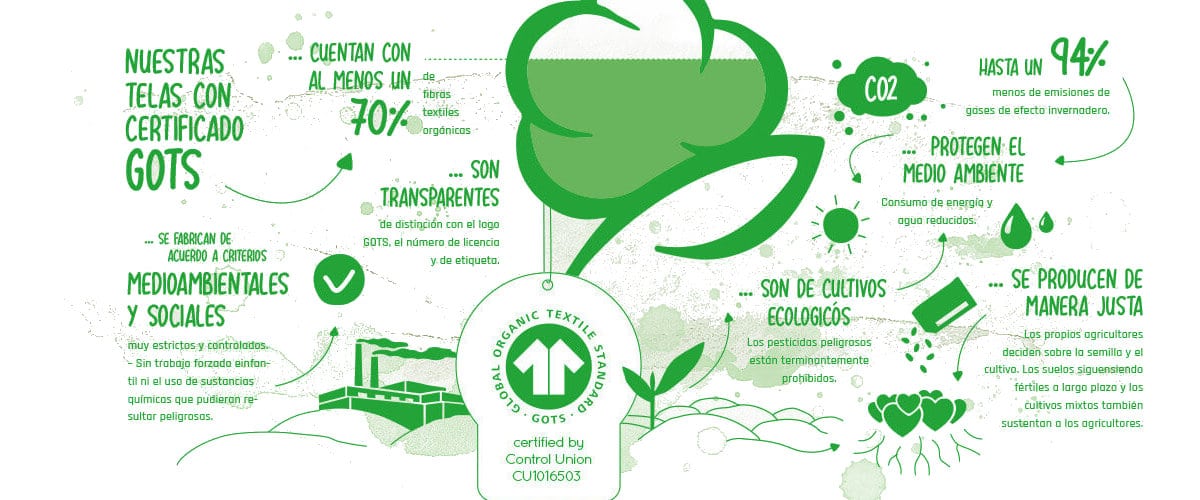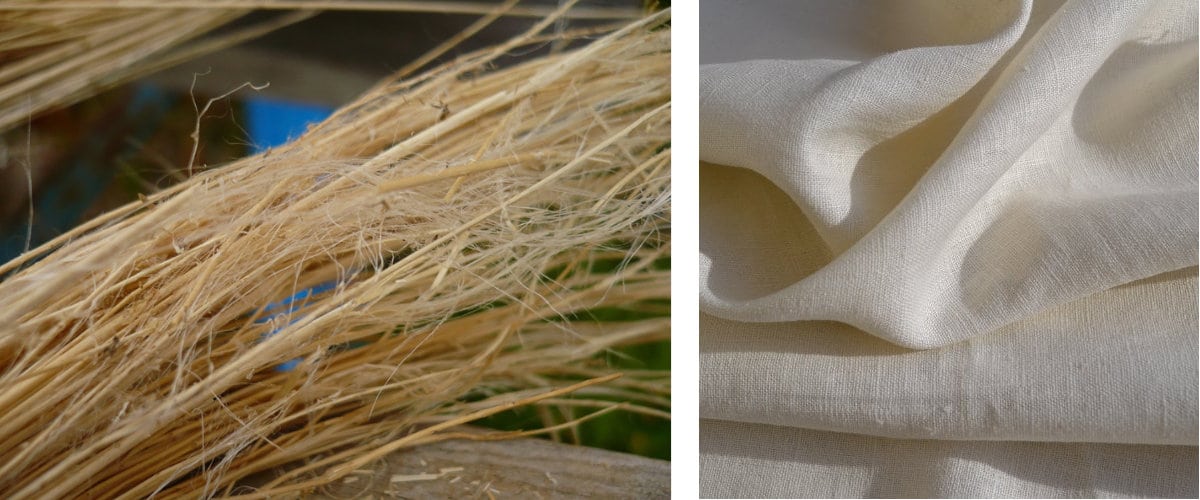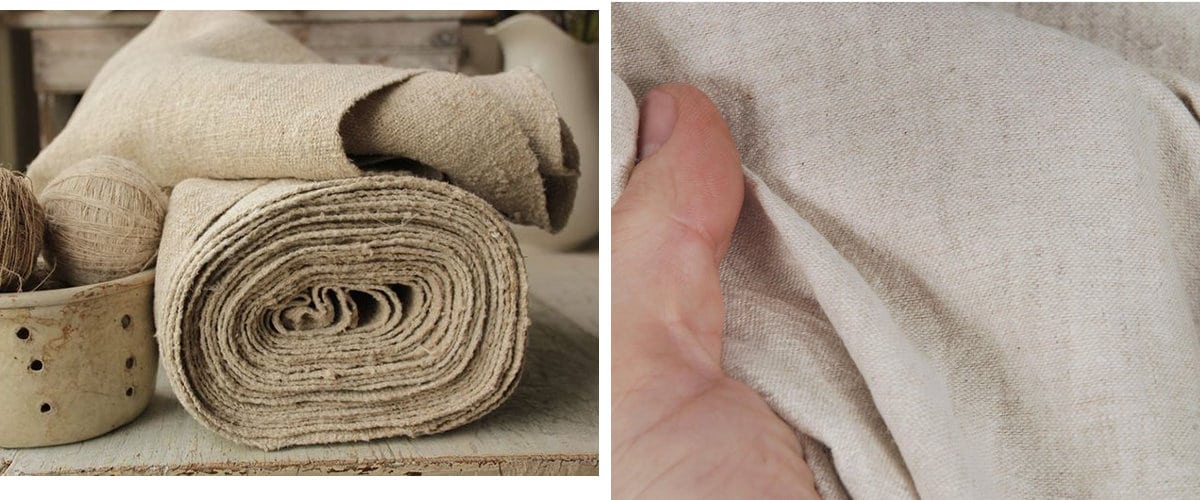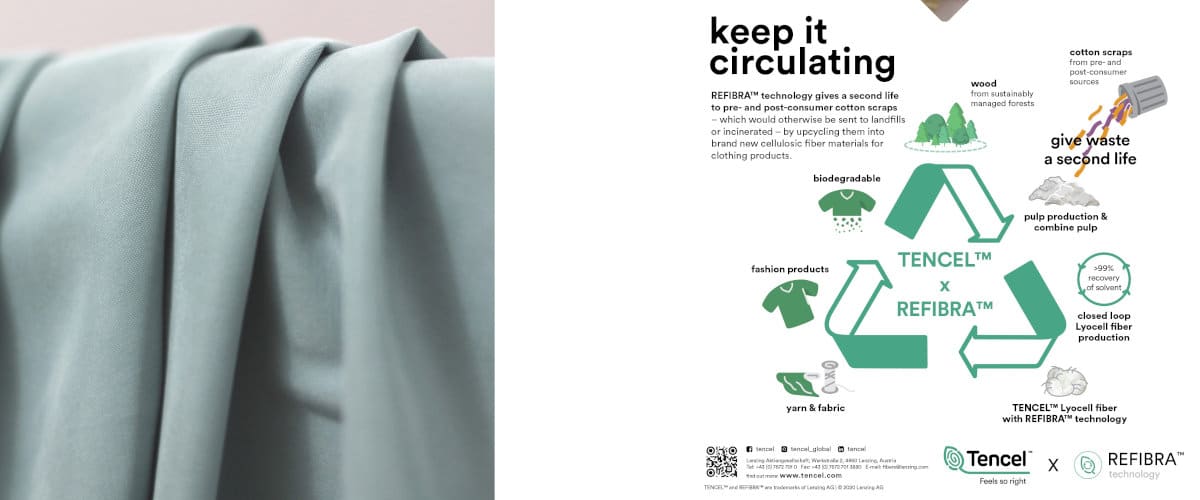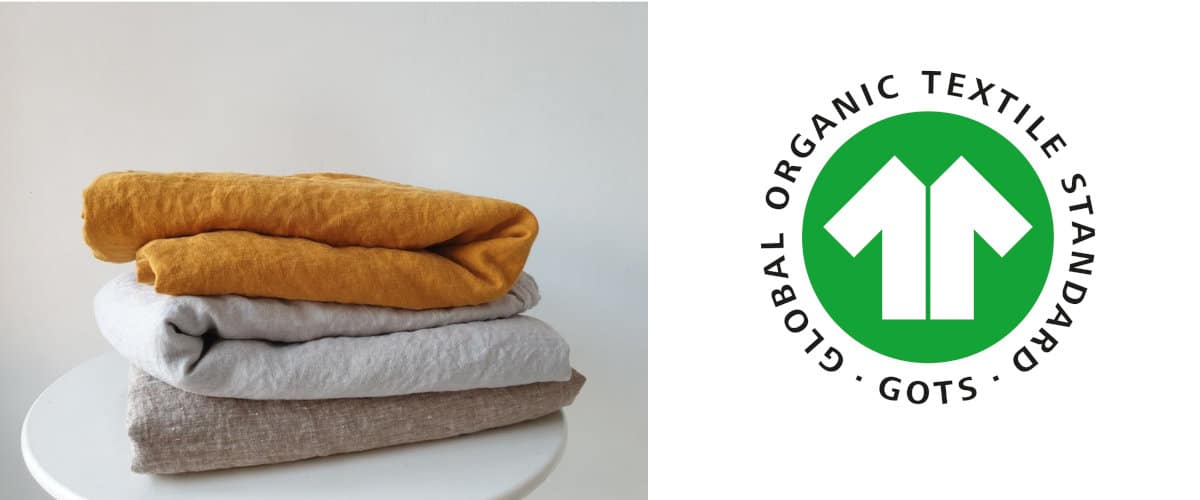
More and more of us pay attention to that sustainability concept we hear so much about today. A concept that more and more fashion firms embrace but that is not always fulfilled in all those points that are key to sustaining it: fair working conditions for its workers, local production and use of sustainable fabrics.
As for fabrics allied to sustainable fashion firms there is a whole debate. We tend to think that natural fabrics are always sustainable and on the contrary, that artificial ones never are. But not everything is black or white. We invite you to know the most popular, those that can be baptized as sustainable without qualms.
Organic and recycled cotton
Cotton is one of the most used fabrics in the textile industry. It represents, in fact, almost half of the genre used in this industry. However, it is one of the crops that requires more water and agrochemicals. This is not the case with organic cotton, which It has its origin in organic farming.
These agrochemicals, among which pesticides and herbicides have a great presence, are eliminated in the organic cotton crop from the production process. A cotton that you can identify thanks to the GOTS certification (Global Organic Textile Standard), which guarantees, on the one hand, care for the environment throughout the organic textile supply chain, and on the other, compliance with social criteria.
But it is not the only sustainable alternative. Recycled cotton originating from post-industrial and post-consumer cotton waste, is a sustainable and respectful fabric in all its processes. And it has the same qualities as organic cotton.
Organic flax
Flax, whose cultivation dates back to ancient Egypt (XNUMXth century BC), is a natural fiber that requires a minimum amount of water and pesticides for its cultivation. Produced from the stem of flax or linseed (Linum usitatissimum), it is a biodegradable natural fiber (when not stained with chemicals), sustainable and very versatile. It is very appreciated in summer, despite its ease to wrinkle, since it transmits a great sensation of freshness.
Hemp
Made from Cannabis plant stem, Hemp is a soft fabric (softer the more you wash it) often compared to linen. The plant does not require much water for its cultivation and pesticides are not necessary for its proper development, so it is considered a sustainable alternative. Resistant, it helps us stay warm in winter and cool in summer.
Tencel, lyoncell, cupro, modal ...
All of them are fibers of natural origin created by man. They are considered sustainable because they are chemically treated in closed circuits. In this way, the solvent -water- can be reused later for other uses, reducing hazardous waste.
Tencel or lyocell is a synthetic fiber made from the wood pulp from sustainable agriculture trees. Due to its touch and its light weight, it is a perfect material for making garments. It also has a good breathability which makes it an ideal fabric for bacterial control. Similar characteristics are found in cupro or modal fabric, also coming from cellulose.
Pinatex
Piñatex is a vegetable leather made of pineapple leaf fiber residues. It is natural, sustainable, and a vegan alternative to leather. And because it's made from a food by-product, it reduces waste. An option that is growing like foam.
You may have been surprised not to find here the recycled plastic fabrics. Within this type of fabric we have different origins: plastic bottles, fishing nets, plastic waste from the sea, etc. They contribute, of course, to give a use to these residues but at the end of their life they take a long time to degrade, so after considering it we have thought it appropriate not to include them.
Did you know all these fabrics allied to sustainable fashion firms?
